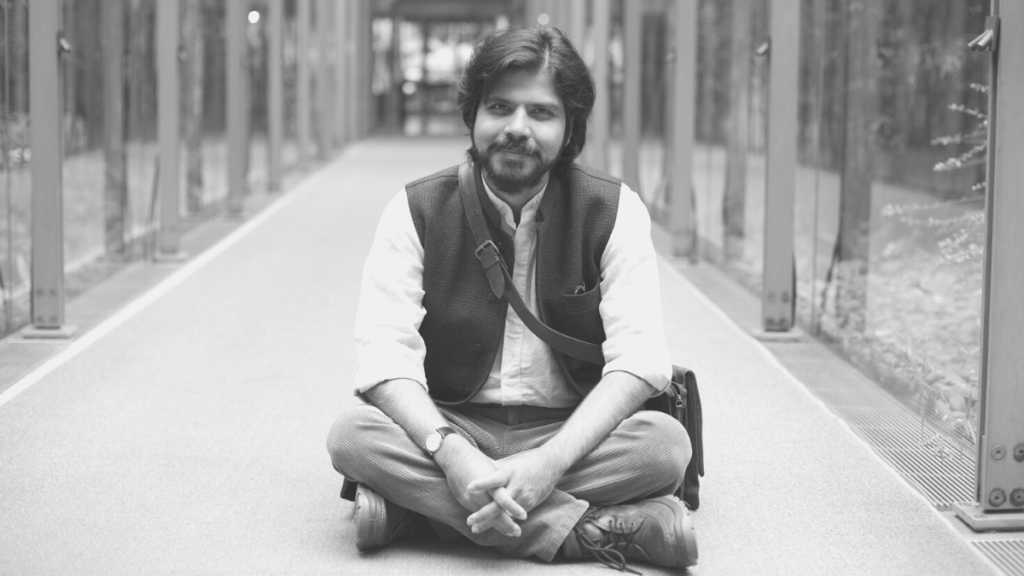When I was younger, I thought there were two basic ways you could approach culture. The first was to immerse yourself in the cultural canon, consuming everything prestigious and universally revered by “the critics.” This approach has its merits, but it can be constraining. By definition, whatever is universal cannot touch the particular. You can spend a lifetime getting a high from the best works of art there are, and you will gain some reward from it. But, if you are too hungry for meaning and feeling, you will often find yourself lacking after a while. The people who build the canon come from a place where you, with your idiosyncracies and singularity, do not precisely fit. Of course, a “great work of art” should be able to penetrate human experience in the broadest of terms. But sometimes, art must probe deeper. It must touch us in our personal wounds and pains. That is where it becomes ecstatic, to the point of shaking our whole being.
The second approach would be just that. To look for the intimate, the unique, the art that finds its way through the precise mapping of your heart and guts. It is that approach that interested me for most of my life. Finding this kind of art can be challenging but immensely gratifying. The excruciating quest for authors, musicians, poets, and filmmakers willing to speak directly to a small fraction of people capable of accessing them in their entirety. These artists are usually hidden on the shelves of old thrift shops and the remote corners of the internet. I imagine it is also challenging for the artists themselves. But finding an audience while willing to be so personal and vulnerable might also be an elating experience. Like sending a letter to a great friend who doesn’t exist, but will soon become.
My experience with The Romantics by Pankaj Mishra fits the second approach. This is a book that resonates with me at a visceral level. I could not produce something like this – this book understands me better than I could myself.
At the surface, The Romantics follows the classic bildungsroman structure, with a young protagonist going through the misadventures of lust and love. What sets it apart from other novels is its cultural setting and acute observations on a particular set of characters – or, if I might state more boldly, a certain kind of people. It tells the story of Samar, a Brahmin who leaves the countryside to complete his university studies in Banares. There, Samar engages in relationships – it would be hard to call them “friendships” – with foreigners and fellow native Indians that challenge his understanding of who he is and where he belongs. I should add that I read this book while staying in Banares, which added an extra layer of intimacy to the experience.
Reading this book made me confront characters who mirrored each of my private romanticisms, and, like them, I ended up heartbroken. What do we seek when we aspire to live a spiritual life far apart from the spirit of our own kin? What do we seek when we fall in love with the alien, the exotic, the foreigner? What do we seek when we hide ourselves under the pretense of intellectualism and erudition? And, whatever it is that we seek, can it be found outside the mundane struggles of our everyday life? Apart from the darker alleys of our outskirts and inner world?
Varanasi is a chaotic, blazing city. It is abundant in smells, sights, and sensual feelings. I recall driving in the backseat of a motorcycle one late night, watching the city lights dancing across my eyes as if they were the city’s old spirits. Playful, they jittered and laughed, punctuating the dusk, breathing in and out the city’s permanent fragrance of death. I saw a corpse burning on the margin of the Ganges that night. When I tell others about it, the question I am most often asked is about the smell. People are often surprised when I say the pyres don’t smell bad at all. In fact, it was quite the opposite. Death in Varanasi has a floral, delicate, and intoxicating perfume.

